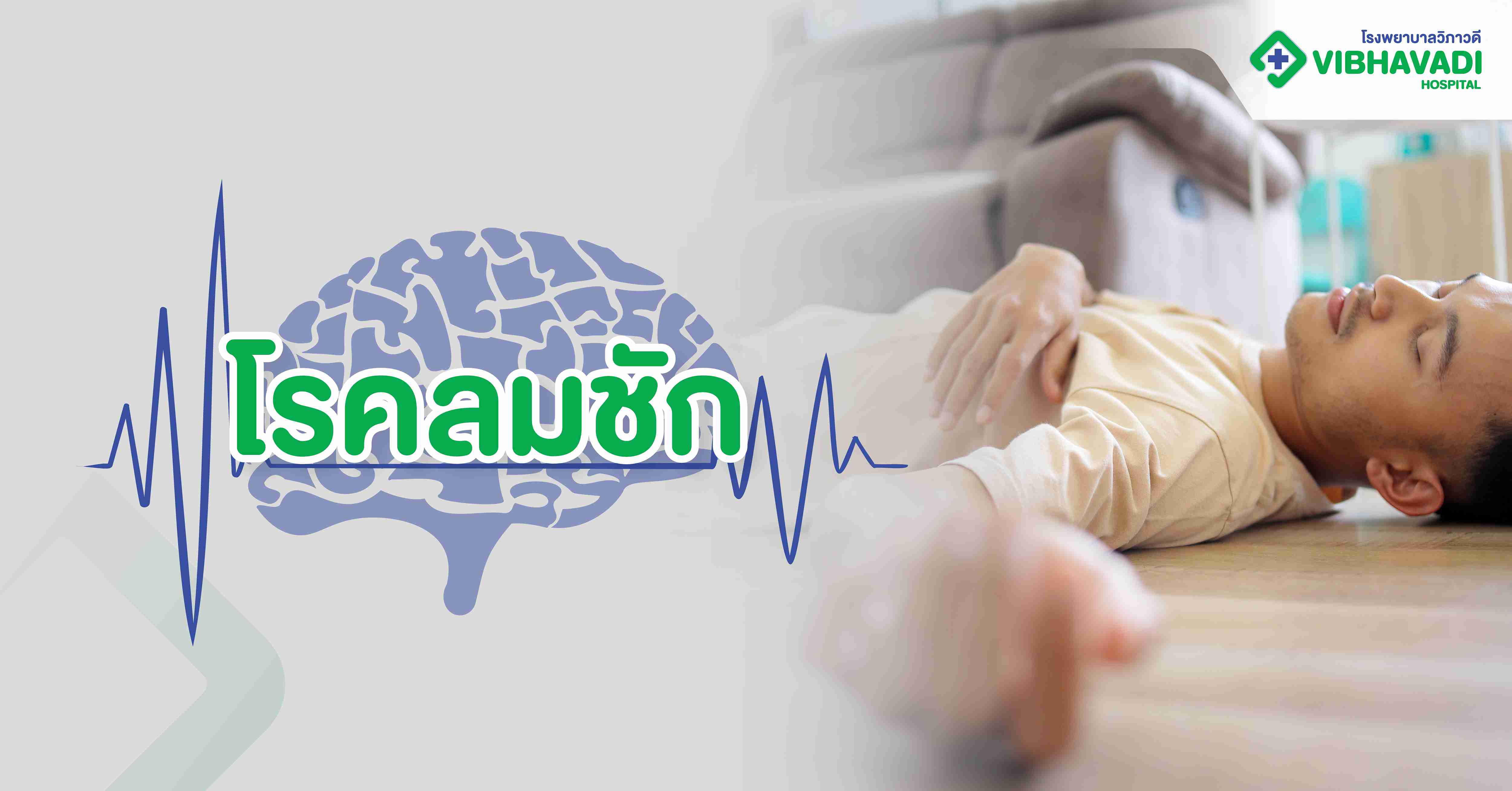Epilepsy Diagnosis and Treatment Services at Vibhavadi Hospi

Understanding Epilepsy
What Is Epilepsy?
Epilepsy is a chronic neurological disorder characterized by recurrent, unprovoked seizures. Seizures are sudden bursts of electrical activity in the brain that can cause a wide range of symptoms, from brief lapses in attention to full-body convulsions. Epilepsy affects people of all ages, and its severity can range from mild to debilitating.
Keyword Focus: epilepsy, what is epilepsy
Causes and Risk Factors
What Causes Epilepsy?
Epilepsy may result from various conditions that affect the brain, including:
-
Genetic factors or family history
-
Head trauma or traumatic brain injury
-
Brain infections such as meningitis or encephalitis
-
Stroke or brain tumors
-
Developmental disorders such as autism or neurofibromatosis
In many cases, the cause of epilepsy remains unknown.
Risk Factors to Watch For
-
Having a family history of epilepsy
-
Suffering a serious brain injury
-
Experiencing high fevers as a child (febrile seizures)
-
Stroke or vascular disease in older adults
-
Alcohol or substance abuse
Symptoms of Epilepsy
Epilepsy symptoms can vary significantly depending on the type of seizure.
Common Types of Seizures
-
Focal (partial) seizures: Affect one part of the brain, may cause confusion, muscle twitching, or abnormal sensations.
-
Generalized seizures: Involve the entire brain, including:
-
Absence seizures: Brief lapses in awareness
-
Tonic-clonic seizures: Loss of consciousness, stiffening, and jerking movements
-
Myoclonic seizures: Sudden, brief muscle jerks
-
Atonic seizures: Sudden loss of muscle tone causing falls
-
Keyword Focus: epilepsy symptoms, types of seizures
Warning Signs Before a Seizure
Some patients may experience auras—sensory warnings such as visual changes, smells, or emotional shifts—just before a seizure occurs.
Diagnosing Epilepsy at Vibhavadi Hospital
Accurate diagnosis is the foundation of effective epilepsy care. At Vibhavadi Hospital, we offer advanced neurological testing and expert evaluation to determine the cause and type of seizures.
Diagnostic Tools We Use
-
Electroencephalogram (EEG): The primary test to record brain activity and detect abnormal patterns.
-
MRI or CT Scans: To identify structural causes such as tumors or brain damage.
-
Blood Tests: To check for infections, genetic conditions, or metabolic disorders.
-
Video-EEG Monitoring: Combines EEG with video to observe seizures in real time for accurate diagnosis.
Comprehensive Treatment Options for Epilepsy
Epilepsy treatment aims to control seizures and minimize side effects, enhancing the patient’s quality of life.
1. Medication Management
Anti-epileptic drugs (AEDs) are the first line of treatment. The right medication depends on the seizure type and patient profile. At Vibhavadi, neurologists work closely with patients to find the optimal drug and dosage.
Common AEDs include:
-
Carbamazepine
-
Valproate
-
Lamotrigine
-
Levetiracetam
2. Lifestyle Counseling and Support
We help patients manage epilepsy with guidance on:
-
Medication adherence
-
Sleep hygiene
-
Stress management
-
Avoiding seizure triggers
3. Surgical Intervention (For Refractory Epilepsy)
When medications fail to control seizures (drug-resistant epilepsy), we may refer for:
-
Temporal lobectomy
-
Lesionectomy
-
Vagus nerve stimulation (VNS)
Our neurology team will evaluate surgical options if appropriate.
4. Epilepsy in Children
Our Pediatric Neurology Unit provides specialized care for children with epilepsy, including developmental assessments and family education.
Multidisciplinary Care Team at Vibhavadi Hospital
Your care team may include:
-
Neurologists specialized in seizure disorders
-
Neurosurgeons (for surgical candidates)
-
Pediatric neurologists
-
Psychologists for emotional and behavioral support
-
Epilepsy nurses and counselors
Insurance Coverage and Costs
We Accept Most Insurance Plans
Vibhavadi Hospital partners with major Thai and international insurance companies. Our insurance team can help verify your benefits.
Self-Pay and Transparent Pricing
For uninsured patients, we offer:
-
Transparent fee schedules
-
Treatment packages for epilepsy care
-
Flexible payment plans
Social Security and Government Coverage
Patients under Thailand’s Social Security System may qualify for partial or full coverage of testing, treatment, and follow-up care.
Living with Epilepsy
While epilepsy is a long-term condition, many people live full, active lives with proper treatment and support. At Vibhavadi, we are committed to empowering patients and their families through:
-
Education
-
Emotional support
-
Long-term management plans
Frequently Asked Questions (FAQ)
What is epilepsy?
Epilepsy is a neurological disorder marked by repeated seizures caused by abnormal brain activity. It can affect people of all ages.
What causes epilepsy?
Epilepsy can be caused by genetics, head trauma, infections, tumors, or may have no identifiable cause.
Can epilepsy be cured?
There is no universal cure, but many patients achieve seizure control through medication or surgery.
How is epilepsy diagnosed?
Doctors use EEGs, brain scans (MRI, CT), blood tests, and medical history to diagnose epilepsy accurately.
Can children outgrow epilepsy?
Some children may outgrow epilepsy as their brain develops, especially in cases of benign childhood epilepsy.
Testimonials
Proud to take care of you
























